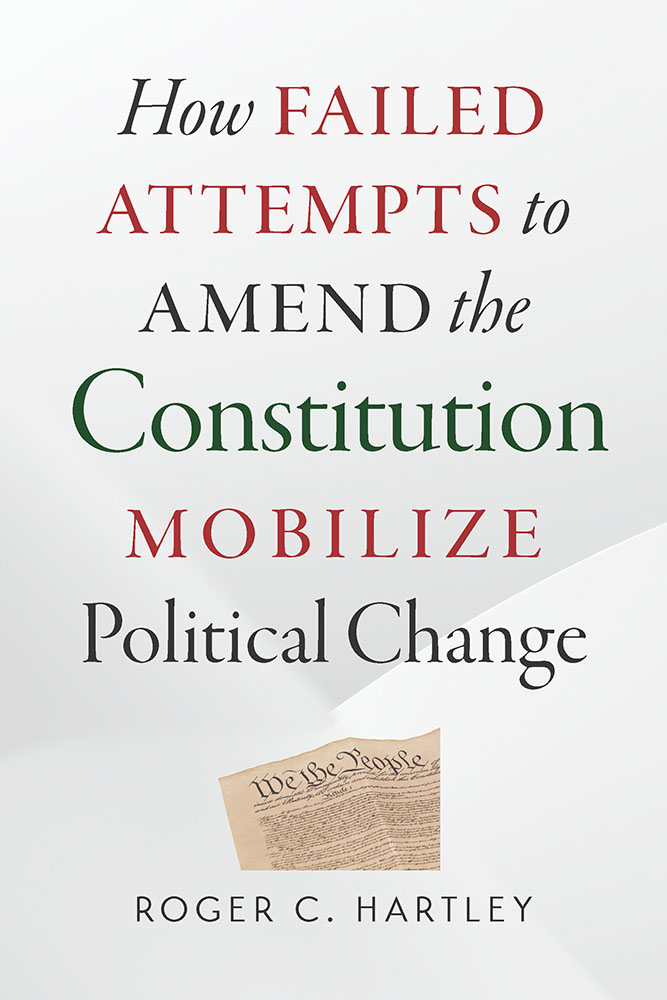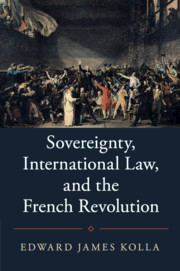
[We have the following call for proposals.]
International Conference:
Suárez in Lisbon 1617 - 2017. University of Lisbon School of Law, 4 - 6 December 2017
In the 400 years of Francisco Suárez’ death THD-ULisboa (Legal Theory and History, Research Centre of the University of Lisbon) promotes the International Conference “SUÁREZ IN LISBON 1617-2017”, taking place at the Faculty of Law of the University of Lisbon from 4 to 6 December 2017, dedicated to the Author’s work and its influence in European culture. ?
We welcome papers covering multiple methodological and historiographical perspectives, from juridical to political thought, philosophy and theology. Proposals for individual 20-minute papers should include the title, 3 keywords and should be no longer than 300 words. A short CV of the speaker should also be added (name, institutional affiliations, major publications).
Papers can be presented in Portuguese, Spanish, French and English. Please send your proposals by 30 October 2017 to thd@fd.ulisboa.pt. More information here.
Scientific Committee
Presidente: Martim de Albuquerque, Universidade de Lisboa
Alejandro Guzmán Brito, Pontificia Universidad Católica de Valparaíso
António Pedro Barbas Homem, Universidade de Lisboa
Eduardo Vera-Cruz Pinto, Universidade de Lisboa
Francisco Carpintero Benítez, Profesor Emerito, Universidad de Cádiz
Georges Martyn, Universiteit Gent
José Artur Duarte Nogueira, Universidade de Lisboa
José Luis Fuertes Herreros, Universidad de Salamanca
Juan Cruz Cruz, Universidad de Navarra
Leonel Ribeiro dos Santos, Universidade de Lisboa
Mário Santiago de Carvalho, Universidade de Coimbra
Pedro Calafate, Universidade de Lisboa
Randal Lessafer, Tilburg University / Katholieke Universiteit Leuven
Executive Committee
Pedro Caridade de Freitas, Universidade de Lisboa
Margarida Seixas, Universidade de Lisboa
Ana Caldeira Fouto, Universidade de Lisboa
 [We're moving this up, as an encouragement to anyone who is considering submitting a guest post on an ASLH session!]
[We're moving this up, as an encouragement to anyone who is considering submitting a guest post on an ASLH session!]












